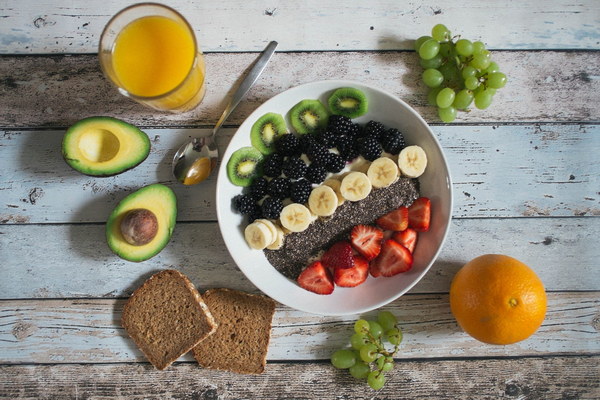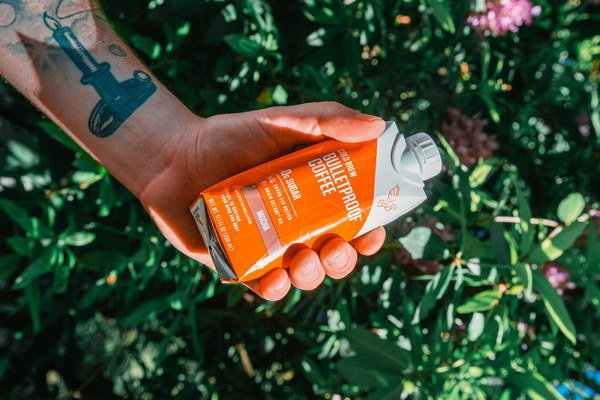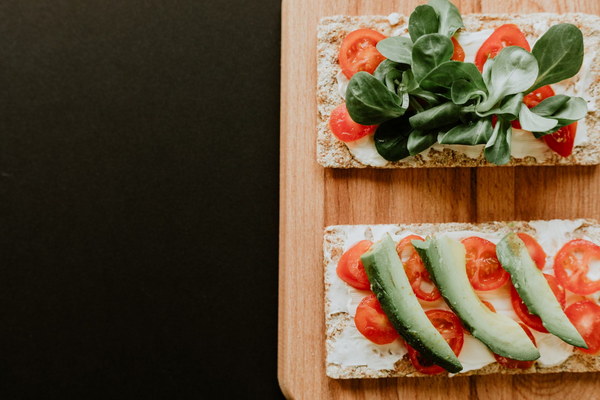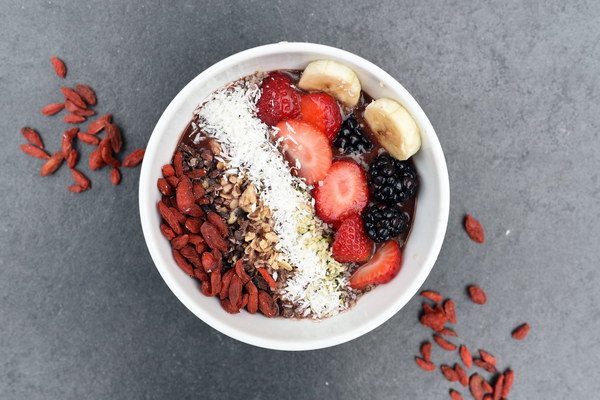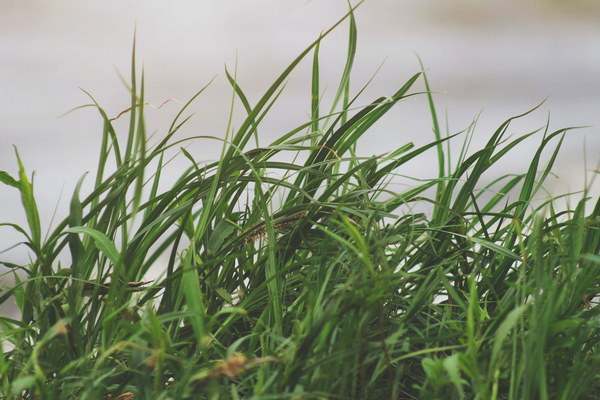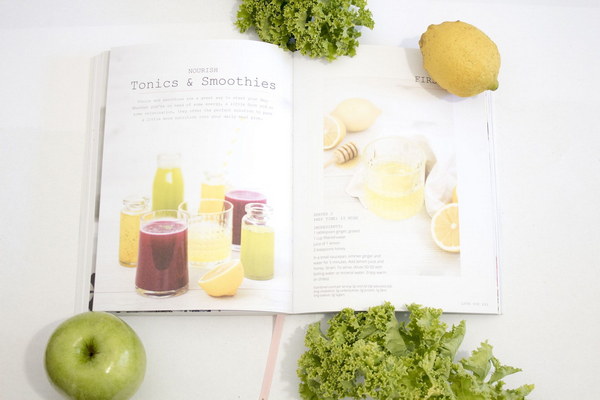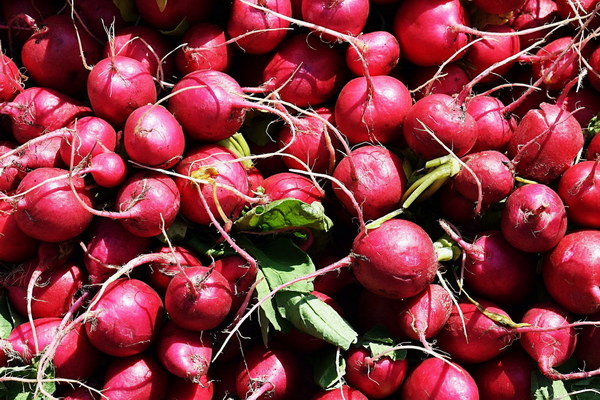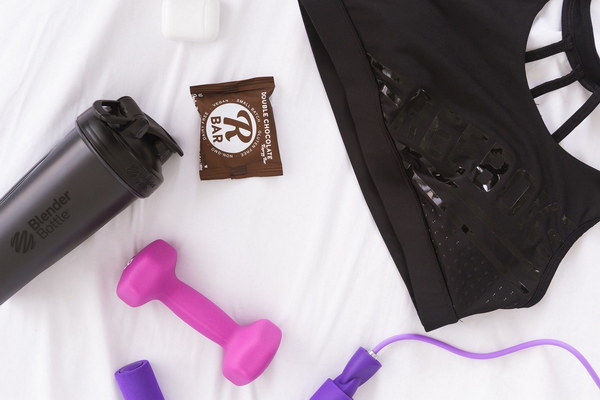Nourishing Liver Gallbladder and Kidneys A Dietary Guide for Optimal Health
In today's fast-paced world, maintaining a healthy lifestyle has become more challenging than ever. One crucial aspect of wellness is ensuring that our liver, gallbladder, and kidneys are functioning optimally. These vital organs play a significant role in filtering toxins, producing bile, and maintaining electrolyte balance. This article provides a comprehensive dietary guide to nourish your liver, gallbladder, and kidneys, promoting overall health and well-being.
1. Embrace a Balanced Diet
A balanced diet is the foundation of a healthy liver, gallbladder, and kidney function. Incorporate a variety of nutrients, including fruits, vegetables, whole grains, lean proteins, and healthy fats into your meals.
2. Increase Your Intake of Fruits and Vegetables
Fruits and vegetables are packed with essential vitamins, minerals, and antioxidants that support liver and kidney health. Aim to consume at least 5-7 servings of fruits and vegetables daily. Some excellent choices include:
- Leafy greens (spinach, kale, Swiss chard)
- Berries (strawberries, blueberries, raspberries)
- Cruciferous vegetables (broccoli, cauliflower, Brussels sprouts)
- Citrus fruits (oranges, grapefruits, lemons)
- Apples, pears, and peaches
3. Consume Fermented Foods
Fermented foods like yogurt, kefir, sauerkraut, and kimchi are rich in probiotics, which help maintain a healthy gut microbiome. A balanced gut microbiome can reduce the workload on the liver and kidneys, promoting optimal function.
4. Include Healthy Fats in Your Diet
Healthy fats, such as omega-3 fatty acids and monounsaturated fats, are essential for liver and kidney health. Incorporate the following sources of healthy fats into your diet:
- Fish (salmon, mackerel, sardines)
- Avocados
- Olive oil
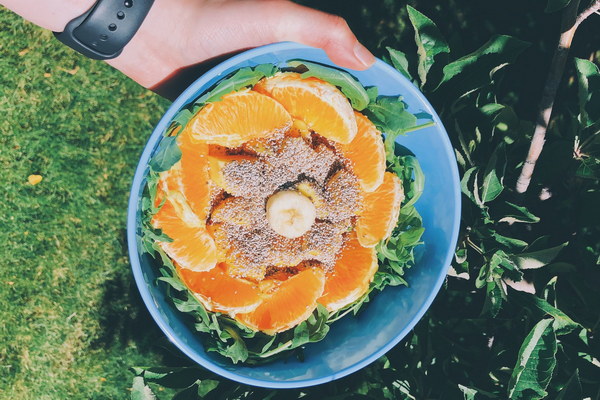
- Nuts and seeds (almonds, walnuts, flaxseeds)
5. Limit Processed and Refined Foods
Processed and refined foods can put a strain on your liver and kidneys. These foods are high in unhealthy fats, sugars, and sodium, which can lead to inflammation and damage these organs. Try to limit your intake of processed foods and opt for whole, unprocessed options instead.
6. Stay Hydrated
Proper hydration is essential for liver and kidney function. Drinking plenty of water helps flush out toxins and waste products, reducing the workload on these organs. Aim for at least 8-10 glasses of water daily.
7. Incorporate Kidney-Friendly Foods
Some foods are particularly beneficial for kidney health. Incorporate the following kidney-friendly foods into your diet:
- Apples: They contain pectin, a substance that can help reduce kidney stone formation.
- Watermelon: It's high in water content and can aid in kidney function.
- Garlic: Garlic contains sulfur compounds that may help protect the kidneys from damage.
- Onions: Similar to garlic, onions contain sulfur compounds that can support kidney health.
8. Avoid Certain Foods
Certain foods can be harmful to your liver, gallbladder, and kidneys. Try to avoid or limit the following:
- High-sodium foods: Excessive sodium can lead to kidney damage and gallbladder disease.
- Artificial sweeteners: These can put a strain on the liver and kidneys.
- Alcohol: Excessive alcohol consumption can lead to liver disease and kidney damage.
By following these dietary guidelines, you can help ensure that your liver, gallbladder, and kidneys are functioning optimally. Remember that a healthy diet is just one aspect of a balanced lifestyle, and it's essential to maintain a healthy weight, exercise regularly, and manage stress to support your overall well-being.
